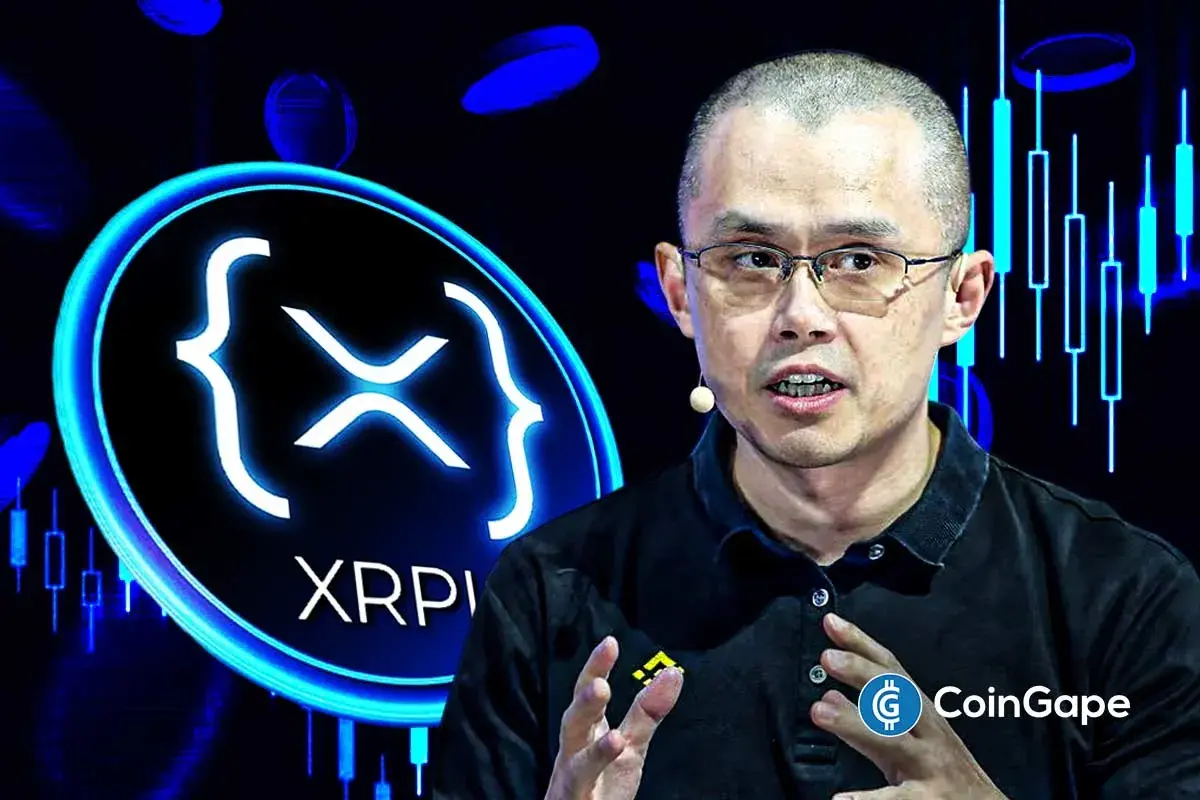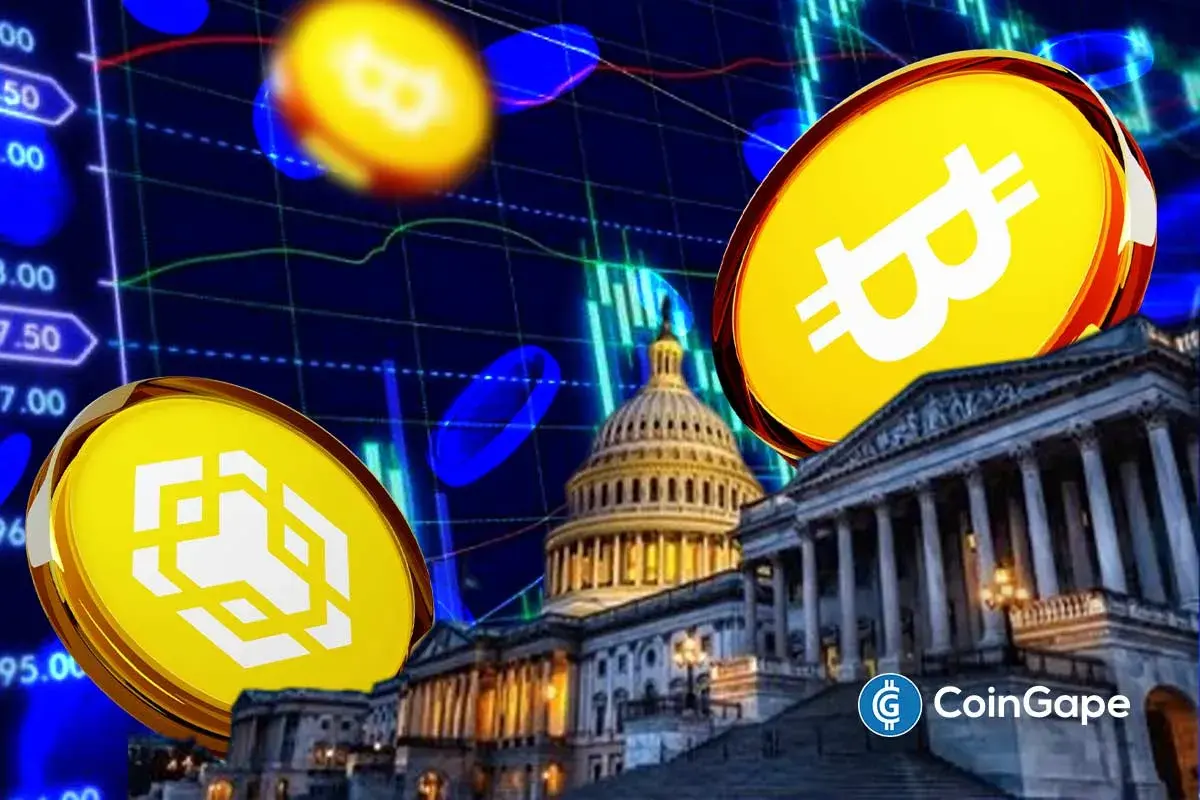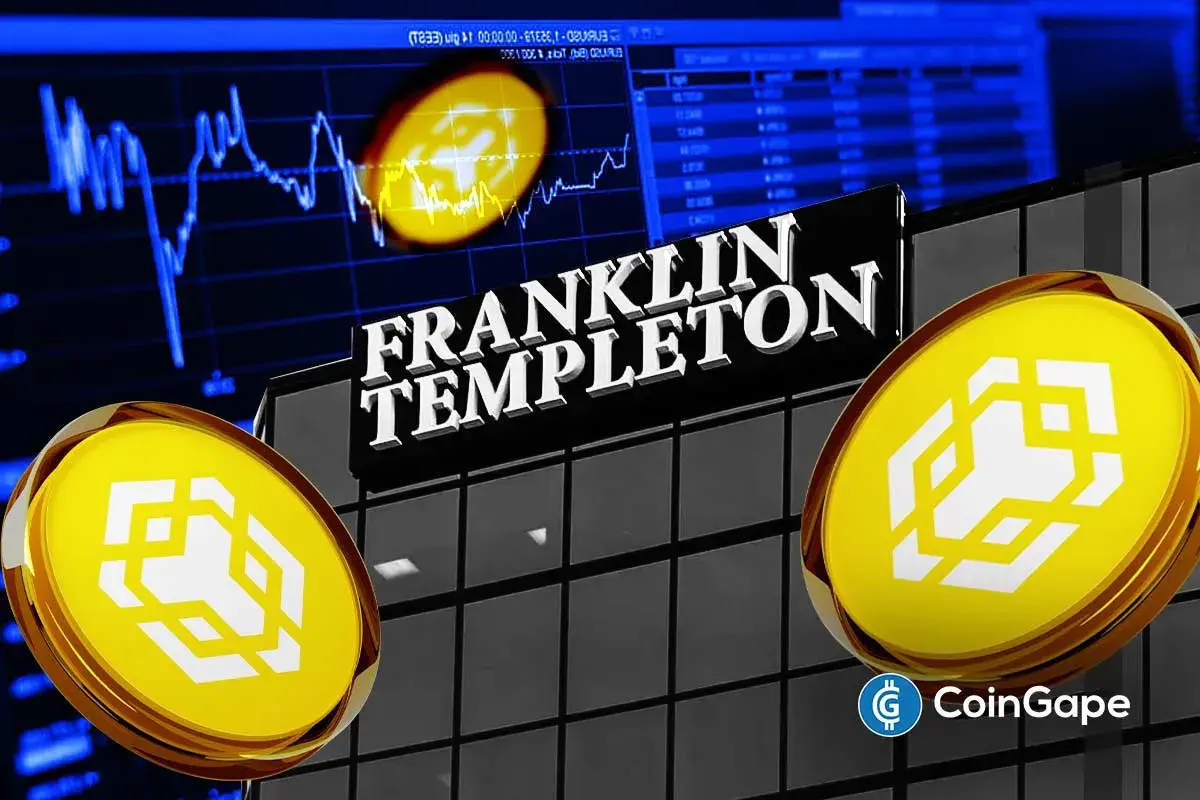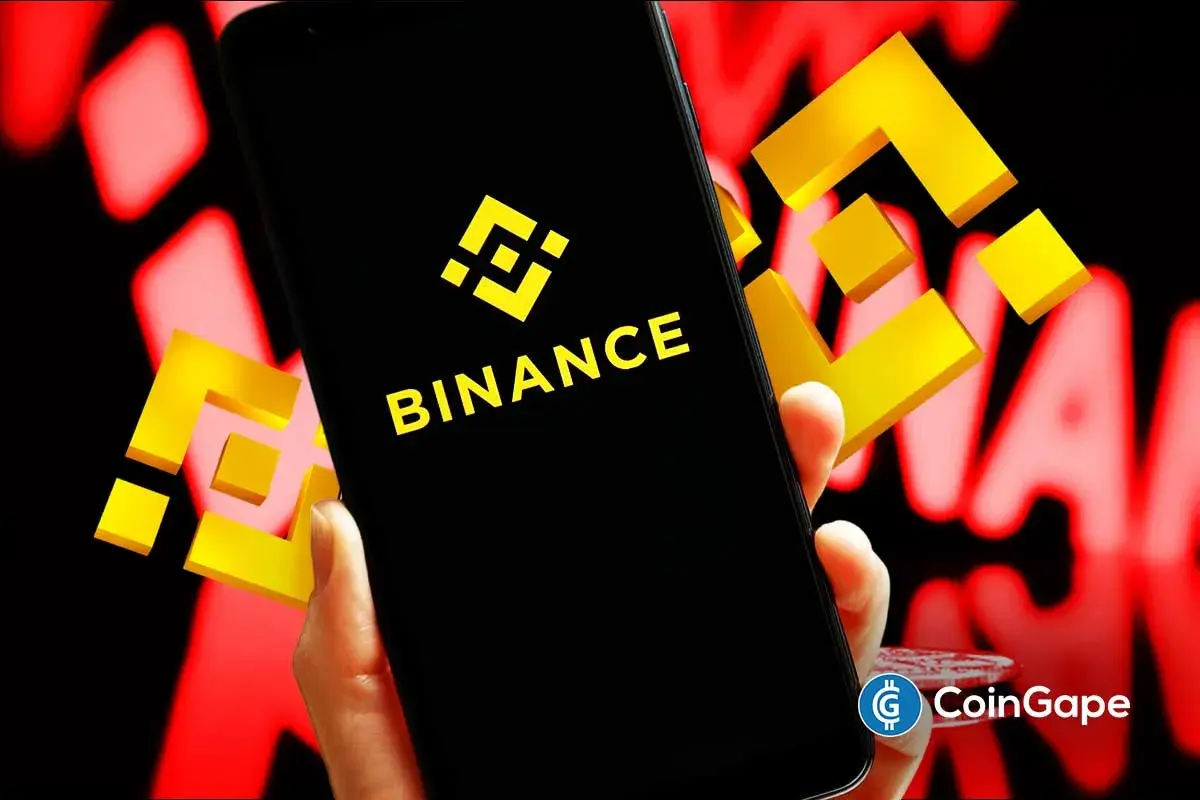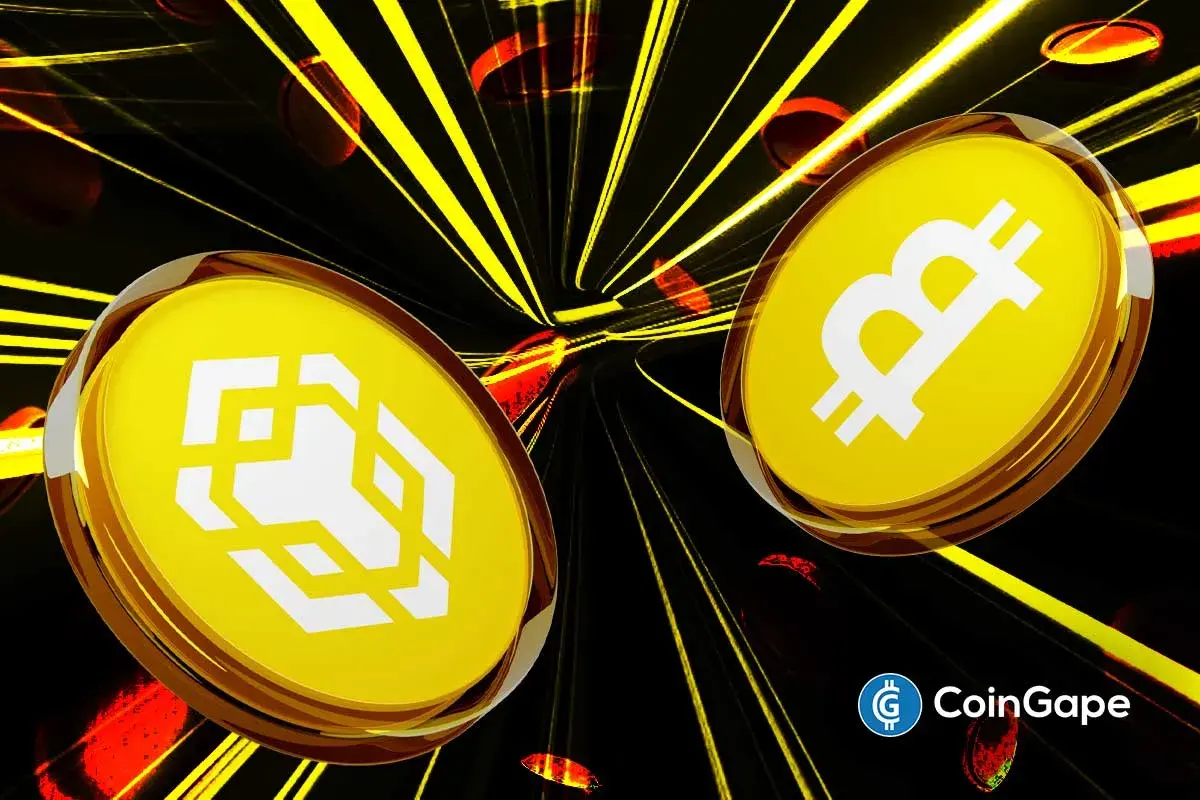Manta Network Triggers Money Laundering Concerns In South Korea Amid Binance Listing

The Manta Network, a zero-knowledge L2 blockchain, has come under scrutiny amid allegations of money laundering in South Korea on the day of token listing on Binance, Bithumb, and KuCoin. These allegations suggest that the money laundering activities were conducted via the Bithumb exchange. This comes after the Manta Network faced a DDoS attack on the same day.
Why is Manta Network suspected of money laundering?
According to a post on X by Definalist, a DeFi degen in South Korea, about 2 million MANTA tokens were transferred to the personal wallet of MANTA’s Korean Business Development (BD) representative. This transaction occurred on the day when the MANTA got listed on Binance after the conclusion of the Launchpool.
Thereafter, an astonishing 2 million MANTA tokens were deposited into a Bithumb wallet, which accounted for over 75% of the exchange’s total circulation volume at the time. Furthermore, within just 5 minutes of listing, the price of MANTA on Bithumb skyrocketed to an astounding $230, surging over 100x than its opening price of $2.26.
What followed was a suspicious move by the Korean BD, who reportedly dumped all 2 million MANTA tokens at a premium of 50 to 100 times the listing price. Subsequently, the sale proceeds worth $5.16 million were then allegedly converted to 2094.7 Ethereum (ETH). The ETH tokens were then transferred to the BD’s personal wallet, according to a transaction on Etherscan.
South Korea, known for its strict regulations on money laundering and financial transactions, may impose severe penalties if these allegations are substantiated. The BD’s actions have raised serious concerns within the crypto community. However, Manta Network’s recent statement has refuted these claims.
The network shed light on their project of establishing a branch in South Korea, according to a report by O Daily. They noted that it required allocating part of the community funds to the Korean BD based on the token economic model. In addition, the Manta Network unveiled plans to set up a branch in Hong Kong to expand its presence in Asia.
Also Read: Binance Delists BTC, ETH, BNB Spot Trading Pairs But Here’s The Catch
Manta Faces DDoS Attack After Binance Listing
Manta Network has reportedly faced a significant distributed denial-of-service (DDoS) attack. The incident unfolded moments after the successful listing of its token on Binance and other exchanges. Kenny Li, the Co-Founder of p0x labs, the cryptographic development team affiliated with Manta Network, shed light on the matter.
He stated that the blockchain’s nodes encountered an onslaught of more than 135 million remote procedure call (RPC) requests on January 18. Li characterized the DDoS attack as both ‘aggressive’ and ‘timed.’ He emphasized that despite the intensity, the blockchain continued to operate securely, ensuring the safety of all funds. However, he acknowledged a substantial impact on communication between applications and the blockchain.
On the other hand, after the initial spike, the Manta crypto experienced a pullback. The Manta crypto price was recorded to be $2.13 at press time on Friday, January 19, signaling a 6.09% decline. Whilst, its market cap stood at $534.93 million. Meanwhile, the trading volume experienced a swift surge, with over $1.2 billion worth of Manta traded on the first day.
Also Read: Manta Network Suffers DDoS Attack on Token Launch Day
- XRP News: Ripple Partner SBI Reveals On-Chain Bonds That Pay Investors in XRP
- BitMine Ethereum Purchase: Tom Lee Doubles Down on ETH With $34.7M Fresh Buy
- BlackRock Buys $65M in Bitcoin as U.S. Crypto Bill Odds Passage Surge
- Bitcoin Sell-Off Ahead? Garett Jin Moves $760M BTC to Binance Amid Trump’s New Tariffs
- CLARITY Act: Trump’s Crypto Adviser Says Stablecoin Yield Deal Is “Close” as March 1 Deadline Looms
- Ethereum Price Rises After SCOTUS Ruling: Here’s Why a Drop to $1,500 is Possible
- Will Pi Network Price See a Surge After the Mainnet Launch Anniversary?
- Bitcoin and XRP Price Prediction As White House Sets March 1st Deadline to Advance Clarity Act
- Top 3 Price Predictions Feb 2026 for Solana, Bitcoin, Pi Network as Odds of Trump Attacking Iran Rise
- Cardano Price Prediction Feb 2026 as Coinbase Accepts ADA as Loan Collateral
- Ripple Prediction: Will Arizona XRP Reserve Boost Price?





